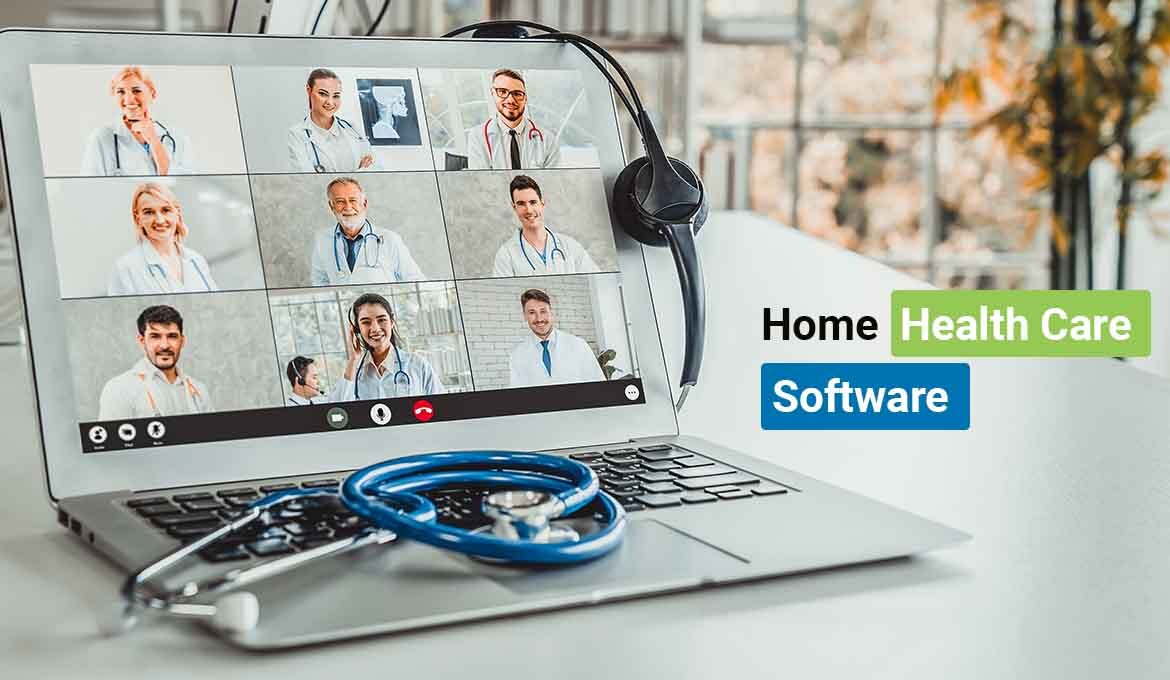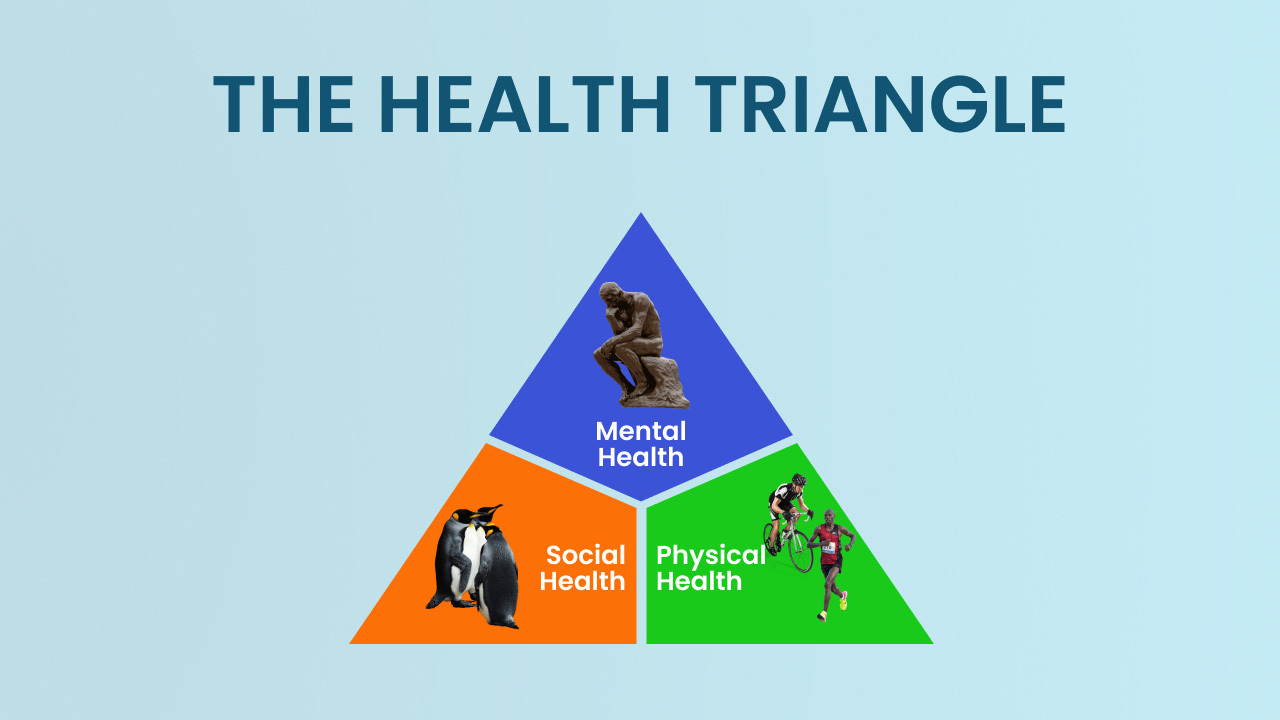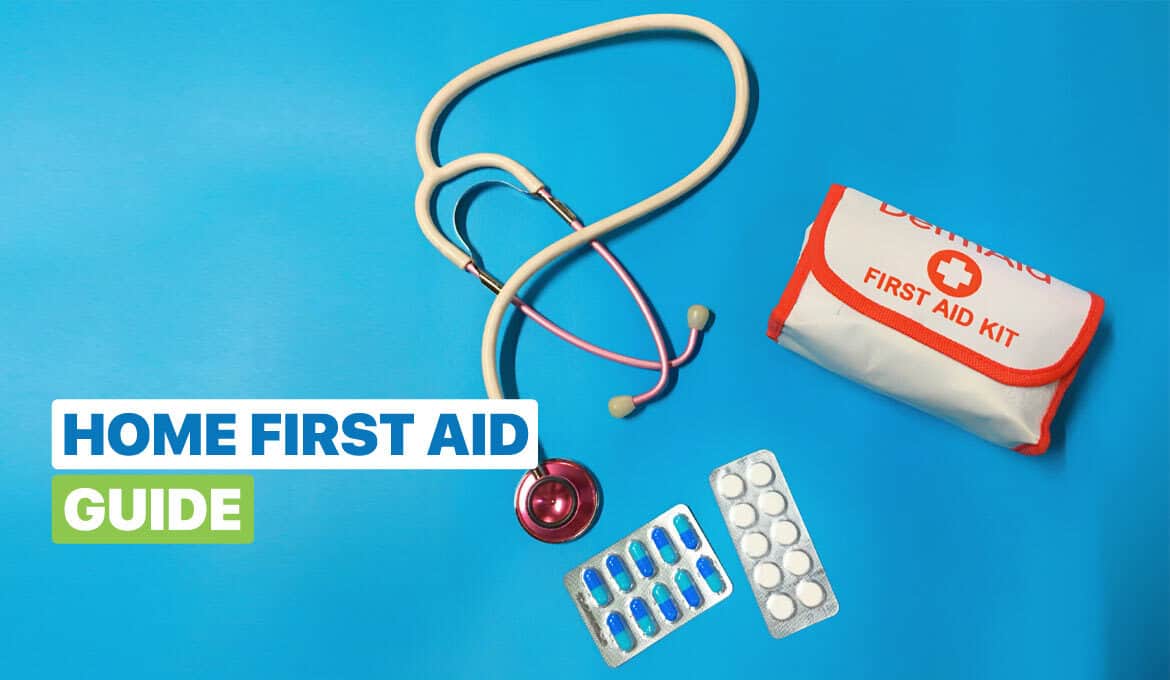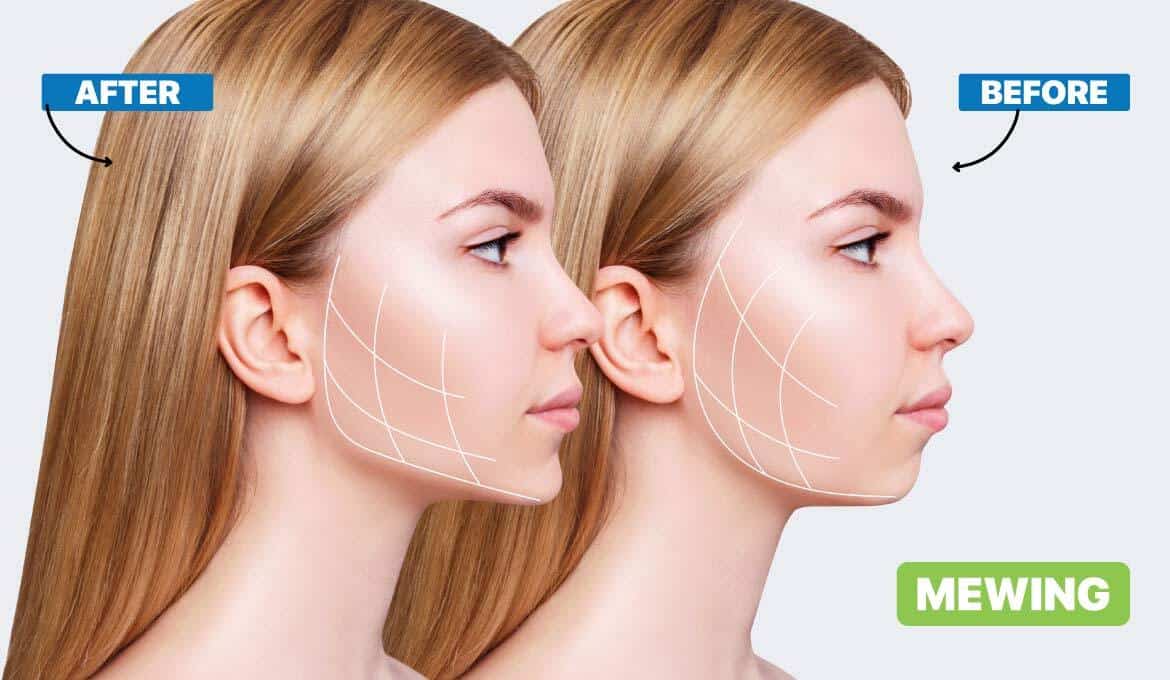
Information Technology has revolutionized every aspect of our world today. Everything ranging from how we farm, fish, and commute to how we eat has been streamlined by technology for increased efficiency.
Healthcare is no island and has been revolutionized by the advent of home healthcare software. These software have simplified the various channels of communication and made information accessible, leading to more efficient healthcare systems.
Healthcare software is becoming the cornerstone of the healthcare industry due to its several efficiency and resource management benefits. Its market is growing at a compound annual growth rate of 8.9% and is estimated to reach $20.37 billion by 2030.
This blog post discusses healthcare software's benefits and key features, such as privacy, productivity, communication, logistics, and scheduling.
Benefits of Home Health Care Software
The numerous benefits offered by healthcare software are the driving force behind its resounding success in the industry. Some of the benefits offered include:
(i) Enhanced Patient Care
Many patients require personalized and persistent healthcare to recover optimally. They might require individual care from a doctor to devise a suitable treatment, and they might also need the help of nurses to ensure that the treatment is being carried out as per plan.
However, such a level of personal care may not be accessible or affordable for many patients. Healthcare software can help take such a level of individual healthcare to everyone.
Patients can use the tool to connect to doctors from the comfort of their homes. Doctors can come up with a personalized treatment plan based on the patient’s specific conditions in a fraction of the time it would take in person.
Once a treatment plan is chosen, the software allows remote monitoring and real-time data to help assess the effectiveness of the treatment and tweak it accordingly to ensure a speedy recovery.
The software also gives prompt reminders to ensure patients take medicine on time and that treatment is progressing as scheduled.
Overall, the software makes personalized medical care accessible from the comfort of your home.
(ii) Improved Efficiency and Productivity
Healthcare software can have a significant positive impact on the efficiency of healthcare services. The software is effective in creating highly streamlined schedules to save the maximum amount of time possible.
The use of Electronic Health Records (EHR) helps save a huge chunk of time that generally gets wasted on paperwork. It also ensures that the doctor can easily access data regarding any given patient when required for treatment.
The software also helps handle other billing and claims processing paperwork. This significantly reduces administrative burden and ensures prompt and accurate payments. The accessible record of all your billing provides clarity to patients and healthcare providers alike. This helps maintain an air of trust between patients and doctors.
Additionally, the software aids doctors by keeping them abreast of the latest trends in treating various diseases. This helps doctors stay updated regarding relevant treatment options to ensure that patients get the best care possible as per their specific health conditions.
Doctors can make well-informed decisions using these analytical data, improve patient care, and deliver the best treatment.
(iii) Communication and Coordination
Clear communication is the cornerstone of effective healthcare. Having a secure communication channel between the patient and doctors can help avoid any complications in the implementation of treatments. It also helps tailor the specifics of the treatment as per the inputs of the patient.
The software provides secure communication channels to ensure optimal healthcare for the patient. It aids seamless information sharing and helps all care team members stay updated with the patient’s condition and treatment.
The software is also equipped to enable the secure sharing of private data to guarantee the privacy of the doctor-patient interaction.
Key Features of Home Health Care Software
(i) Patient Management
The software helps healthcare providers handle patient data with ease. It significantly uncomplicates the process of accessing and managing patient data.
This is because the EHR (Electronic Health Records) given by the software contains the patient's entire medical history. This helps healthcare providers access patient data with ease and formulate a personalized treatment plan to suit them.
Healthcare providers are further assisted by the software’s assessment tools that help tweak treatment to address specific patient health concerns. The software also ensures that treatment is followed optimally by setting reminders and prompts.
The regular progress tracking by the software helps doctors monitor the effectiveness of the treatment and tweak it if necessary.
(ii) Scheduling and Timekeeping
Efficient scheduling and timekeeping are crucial indicators of optimal healthcare. It can save valuable man hours and also ensure that patients receive adequate healthcare when they require it the most.
With the software's appointment scheduling and reminders, caregivers can avoid overlapping visits and manage their time effectively.
The software's shift planning and staff allocation tools guarantee that healthcare providers are assigned to patients whenever necessary.
Precise timekeeping and attendance tracking ensure accurate record-keeping for billing and payroll purposes.
(iii) Mobile Applications and Remote Access
It might not be possible for all patients to consult their doctor in person. This could be due to their remote location, mobility, and health. Telehealth and virtual visit capabilities provided by the software help doctors reach such patients with ease.
Similarly, it is impractical to expect doctors to carry patient files with them everywhere they go. It is also not possible for them to remember the details of every case in detail.
The remote access offered by the healthcare software helps them reach patient files from anywhere when treatment or consultation is required.
(iv) Medication Management
Not everyone has a personal caregiver that can ensure that they take medications on time. It is important to follow the proper medication schedule to ensure the treatment is effective.
The software can track medication and has reminder applications that can set alarms and prompts to ensure that patients take their medication on time.
Additionally, the software also eliminates the risk of drug interactions as it checks prescriptions to prevent harmful drug combinations and interactions.
(v) Billing and Documentation
Efficient billing and documentation are vital for smooth operations in home health care.
Automated billing systems provided by the software drastically reduce the risk of payment errors and delays while simultaneously increasing the speed of transactions.
The Compliance and Documentation Management feature is inbuilt into the software to ensure that all services provided are in accordance with international standards of healthcare services. This ensures that patients get quality healthcare.
(vi) Security and Privacy Considerations
The home healthcare software is designed to ensure that each patient's private and personalized data is secure. It is built adhering to the strict standards set by HIPAA Compliance and Data Security.
Secure communication channels are maintained between patients and doctors. Data encryption and secure access are used in such channels to ensure that the data remains confidential.
Such encryption also ensures that unauthorized access to patient information is not possible.
Conclusion
Home healthcare software has various advantages for patients and healthcare providers alike. It enables healthcare providers to provide their services everywhere without geographical restrictions.
Technology has made several areas of our life easier, and it is set to do the same with healthcare. Advancements such as home healthcare software are a boon of the 21st century and can help tackle several issues plaguing the healthcare industry.
The software has made healthcare accessible to those suffering from immobility. It has also opened up a gateway for healthcare in remote locations.
This benefit extends to doctors as well as they are able to handle a larger patient pool without burdening themselves with paperwork and physical commute.
Home healthcare software is the future of healthcare, and the sooner we adapt, the sooner we enjoy its benefits.
Read Also:










































